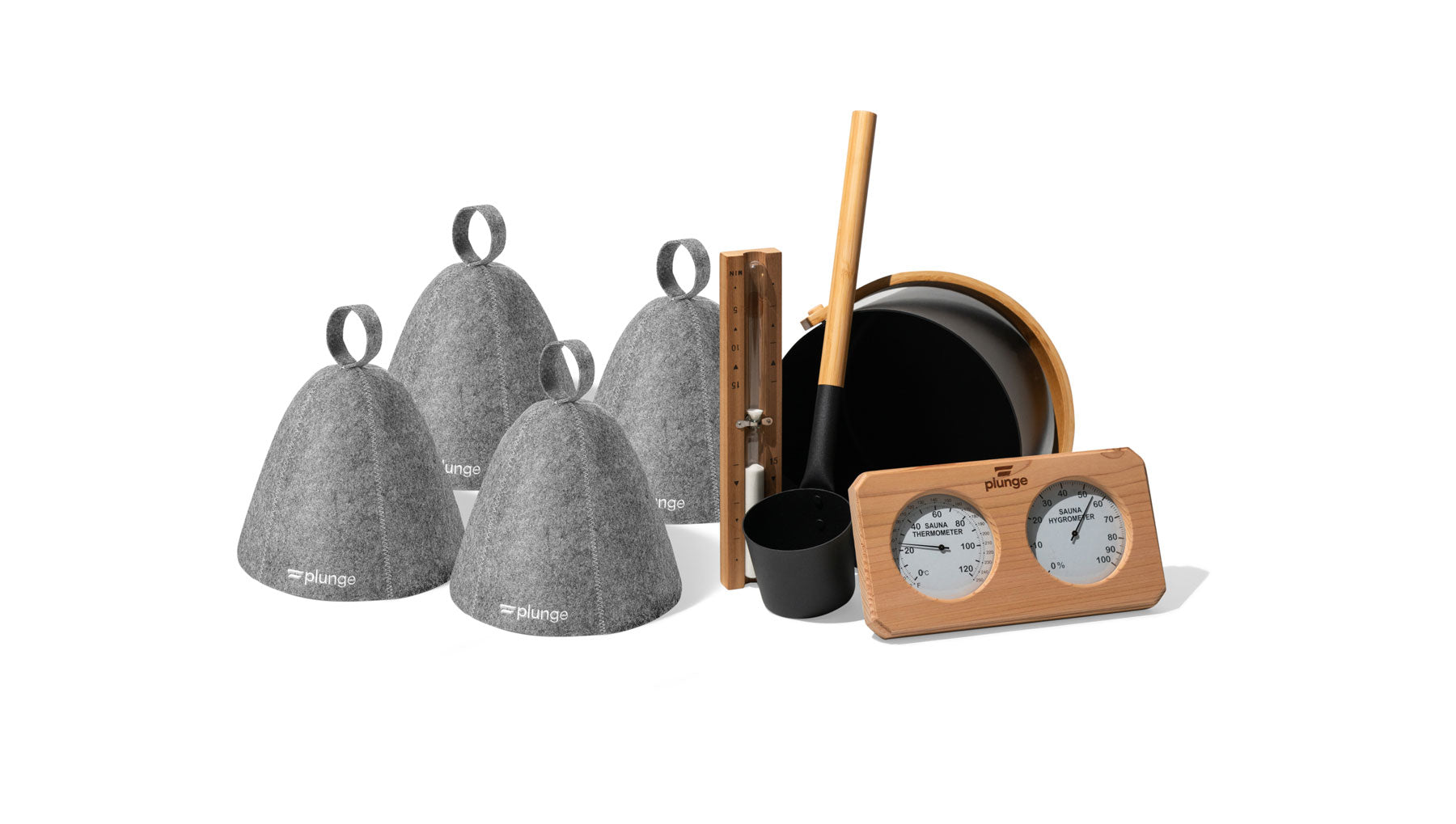
7 Practical Ways to Boost Resiliency
Life is just plain hard some days. It’s ok to admit it; it’s also ok to put on some armor and be ready for those days. Resiliency, or the ability to bounce back from life's challenges, is a vital quality that can significantly influence your personal and professional success. In a world that's increasingly fast-paced and filled with uncertainty, developing this inner strength is more important than ever. So how can you boost your resiliency? Here are seven practical ways, including a couple that just might surprise you.
1. Develop a Positive Mindset
Cultivating a positive mindset is crucial for resilience. It's about focusing on your strengths instead of weaknesses and viewing difficulties as opportunities rather than setbacks. This approach allows you to navigate through challenges more effectively. Start by practicing mindfulness and gratitude. Research has shown that gratitude can increase resilience, as it shifts your focus from what's wrong to what's right in your life.
2. Embrace Challenges
To build resilience, you must be willing to step outside of your comfort zone and embrace challenges. Taking risks and facing difficulties can help you learn and grow. It can be as simple as learning a new skill, taking on a challenging project at work, or pushing your body's limits through physical challenges.
3. Regular Exercise
Physical exercise is not only beneficial for your body but also for your mental well-being. Regular exercise can reduce feelings of anxiety and depression, boost your mood, and increase your capacity to handle stress, all of which can help improve resilience. The Mayo Clinic recommends 30 minutes of exercise a day for optimal health.
4. Ice Baths
While the thought of plunging into a bath full of ice might not sound appealing, ice baths are a potent tool for enhancing resilience. Ice baths expose your body to acute cold stress, which can help reduce inflammation, improve sleep, and boost your mood.
In terms of resilience, ice baths can provide a mental boost by teaching your body and mind to adapt to uncomfortable situations. Regular exposure to cold water can train your brain to handle stress more effectively, thus increasing your resilience. A study in the Journal of Medical Hypotheses suggests that cold water immersion can help improve mental toughness.
Not interested in filling your bathtub with ice every day? Then you’re going to love The Plunge.
5. Sauna Use
On the flip side of the temperature spectrum, regular sauna use can also enhance resilience. Exposure to the intense heat of a sauna puts your body under stress. Over time, your body adapts to this stress, which can improve your physical and mental resilience.
Saunas can also promote relaxation, reduce anxiety and depression, and improve cardiovascular health, all of which contribute to increased resilience. A study published in JAMA Internal Medicine found that frequent sauna bathing was associated with a reduced risk of future heart events, demonstrating the resilience of the cardiovascular system.
Adding a sauna to your home is a great way to stay consistent.
6. Build Strong Relationships
Having a strong support network of family, friends, and mentors can provide emotional support, give you a sense of belonging, and help you navigate through tough times. A study in the Journal of Social and Clinical Psychology found that social support could help individuals recover from stressors more quickly, enhancing their overall resilience.
7. Practice Self-Care
Lastly, it's important to take time for yourself. Self-care practices such as eating a balanced diet, getting enough sleep, meditating, and engaging in activities you enjoy can recharge your mind, reduce stress, and improve your ability to bounce back from challenges. Remember, it's okay to prioritize yourself sometimes. As the saying goes, you can't pour from an empty cup.
Conclusion
Building resilience is not an overnight process; it requires time, patience, and conscious effort. But by developing a positive mindset, embracing challenges, exercising regularly, using ice baths and saunas, building strong relationships, and practicing self-care, you can improve your ability to withstand life's challenges and bounce back stronger.
Remember, everyone's journey to resilience is different. What's most important is finding the methods that work best for you. Whether that's taking a cold plunge, sitting in a sauna, or spending time with loved ones, find your path and embrace the journey to resilience.





















